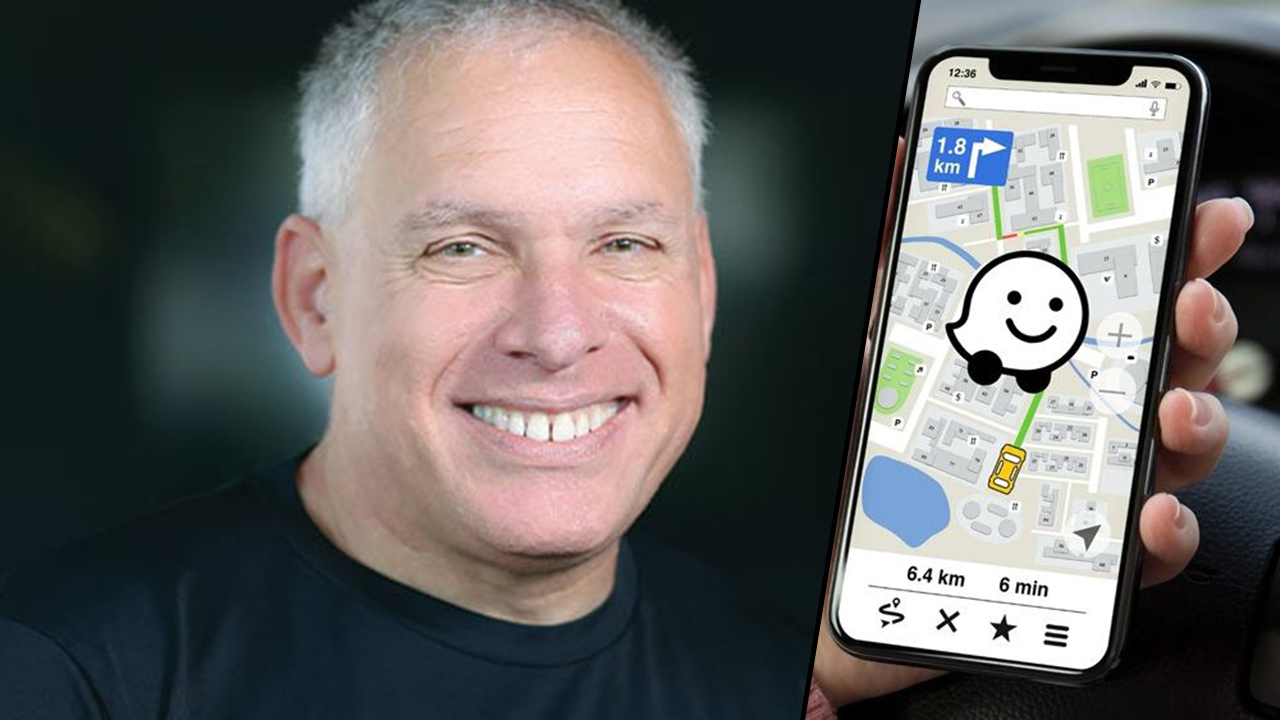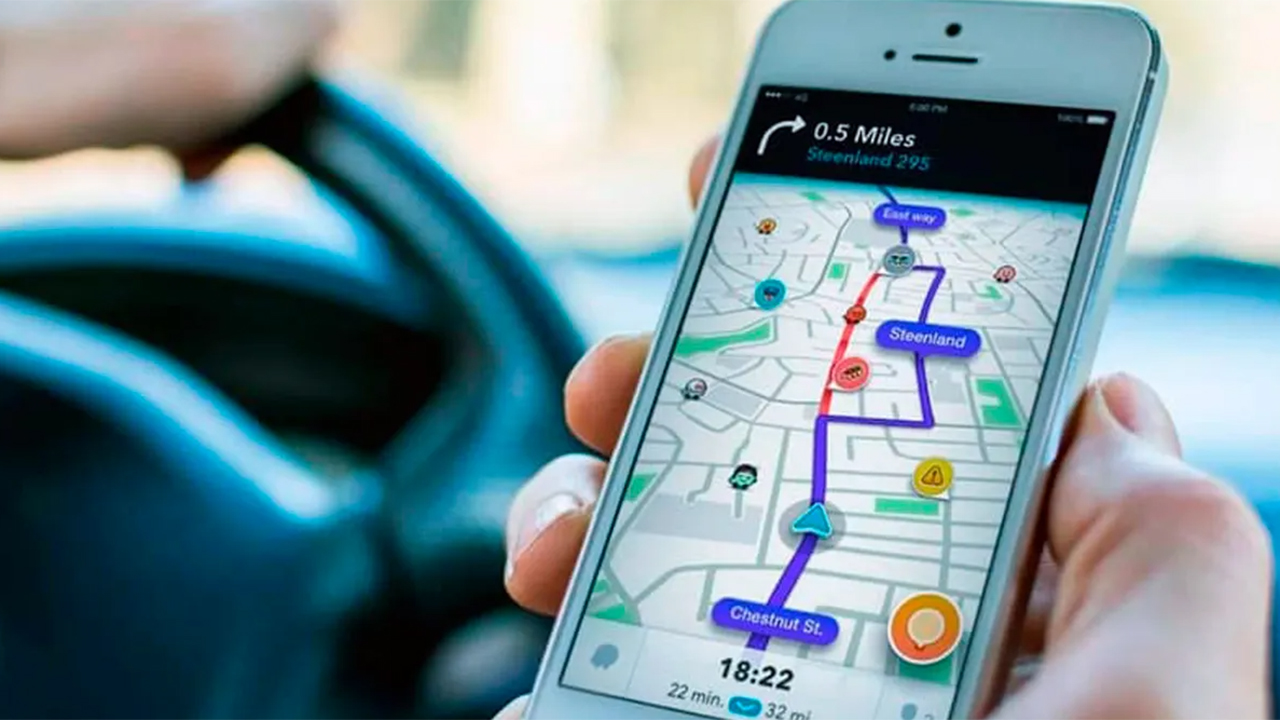Waze co-founder predicts when we will stop driving
Uri Levine, co-founder of Waze, has made an important prediction about when we will stop driving. Levine claims that children born today will not have to get behind the wheel of a vehicle. The next generation "will not drive," he warns.

Waze is one of the leading mobile applications in the field of collaborative navigation for route directions and real-time traffic alerts. An application that was acquired by the giant Google about a decade ago in a deal that generated a lot of excitement both inside and outside the automotive industry.
Uri Levine is one of the co-founders of Waze and an "authorized voice" in mobility and, in recent years, autonomous driving. Levine has made a somewhat controversial prediction regarding the evolution that autonomous driving technology will undergo in the coming years, and more specifically, about when we will stop getting behind the wheel of a car. And according to Levine, it is sooner than one might expect.

Waze co-founder says Generation Beta will not have to drive
Children born today "will not drive," Levine pointed out. "In a generation, if you say you used to drive cars, they won't believe you," said the Waze co-founder shortly after the launch of Tesla's robotaxi service in Austin, Texas (United States). An autonomous taxi service that, according to Elon Musk himself, will be enabled in other cities in the country before the end of the year.
Tesla is not a leading company in the autonomous taxi sector as there are other companies that have been offering this service for some time. A clear example is Waymo, owned by Alphabet (Google's parent company), which began operations in 2020. Since then, this company has accumulated millions of kilometers and a vast amount of data that is vital for developing and improving autonomous driving technology. A company that is present, among other cities, in Los Angeles, Austin, and Atlanta.
Levine is clear. While currently these companies only operate in very limited areas, this will change soon, which will mean a revolution in the field of mobility. He also added that within a decade, most paid mobility and transportation services will be fully automated: "The impact will be drastic. There will be urban areas where drivers will hardly be seen."
The autonomous vehicle will make mobility more accessible
When autonomous driving becomes mainstream, drivers will regain a significant amount of time that they currently spend solely on driving their vehicles. Levine also highlighted that with autonomous driving, mobility will become more accessible since currently, most of the cost of using applications like Uber goes to paying the driver. "Once the driver is eliminated, the entire trip will be much more affordable and, therefore, in much higher demand."

